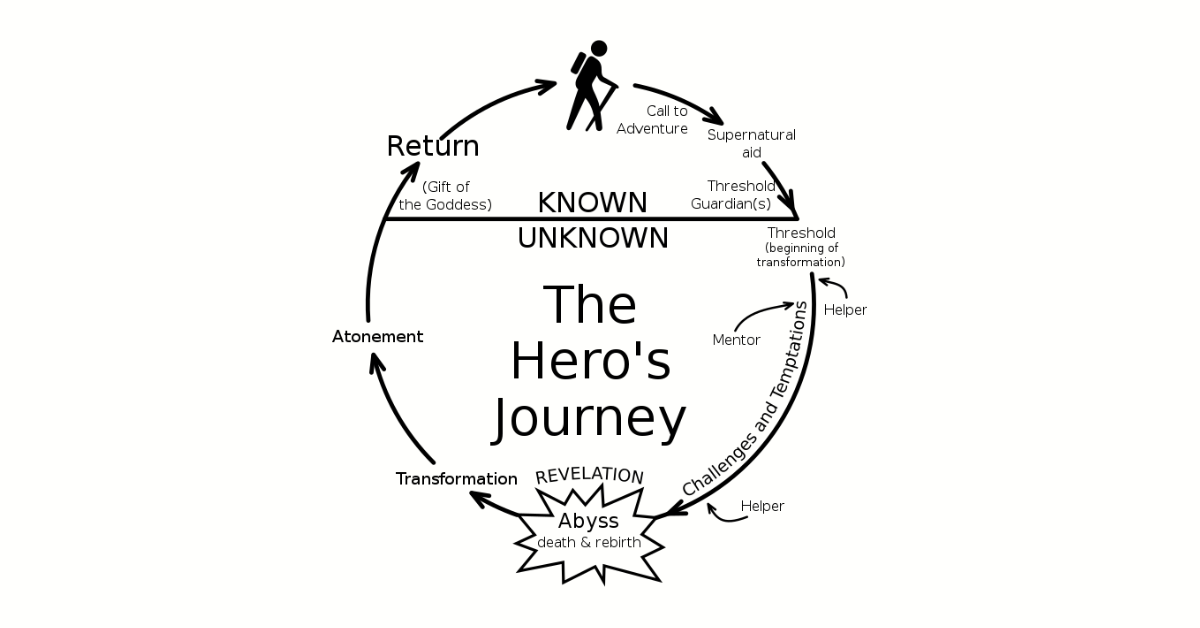Experience and Duality: The Thought Trap
By Japhy Gregor
Experientialism is founded on the basic syllogism of: IF Truth is discoverable, it is discoverable through experience. From this vague idea, each of us has our own experiences to apply. While Experientialism as a “religion” does not endorse any school of thought, religion, or philosophy (indeed Experientialists endeavor to reject all hierarchy as a tool of thought), Experientialists are willing to explore ideas in order to assess their impact on our own experiences, and thus our own pursuit of Truth.
The act of embracing experience over thought is a difficult endeavor for many of us to embrace. We are creatures of the Mind. Our entire existence is dominated by thoughts. From the moment we wake up until the moment we sleep, and through our dreams during sleep, we are bombarded by our own thoughts.
Some would say that this is understandable because our minds were born into existence through creation, and creation was the moment when the universe was born through an explosion of energy. This explosion of energy came from nothing. Prior to the explosion, everything was inside nothing. After the explosion, everything became different from nothing by being. From the beginning all of creation started through this birth of duality. From the beginning of the universe, all of the physical realm of existence has been defined by delineation between one and the other.
Applying this understanding of the origins of all matter, can be helpful to the exploration of Experientialism. Experientialists may acknowledge that our existence is dominated by duality. However, Experientialists may come to understand that duality is a prerequisite condition that must exist in order for our minds to function. Our minds are perpetually engrossed in duality.
Every day, our minds propel us on endless repeating journeys of seeking pleasure and avoiding pain. Every second of every minute of every hour of every day can be engrossed with the mind’s obsessive need to categorize and classify with the intention of accepting or rejecting a thought as one that will lead to or from pleasure.
When Rene’ Descartes wrote the maxim, “I think, therefore I am,” he believed he was moving humanity forward along the path of progress through science and reason. Indeed, the foundation of Western Civilization has been premised on this faulty syllogism.
Experientialists challenge the idea that we will no longer be if we do not think. We seek experience without thought. In doing so, we experience more than our thoughts can explain.
Yet, we cannot share our experiences. We can only share our thoughts on our experiences. This is the essential conundrum of Experientialism that confounds many.
Experientialists are striving to form a religion that renounces thought at the same time we are trying to use thoughts to explore and share the value of Experientialism. Duality has many traps. Duality can trap you at any and every turn. Think about it all you want. You won’t think your way into understanding Duality or the role of Experientialism in transcending Duality.
You just have to experience it for yourself.
DISCLAIMER:
The views expressed herein are those of the author. No idea or thought of any person, religion, philosophy, or school of thought is held as an established belief for Experientialism. The author has shared his thoughts in this article for the purposes of aiding in the self-exploration of reality through the reader’s own experiences.


